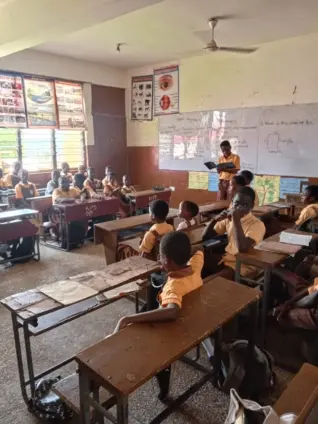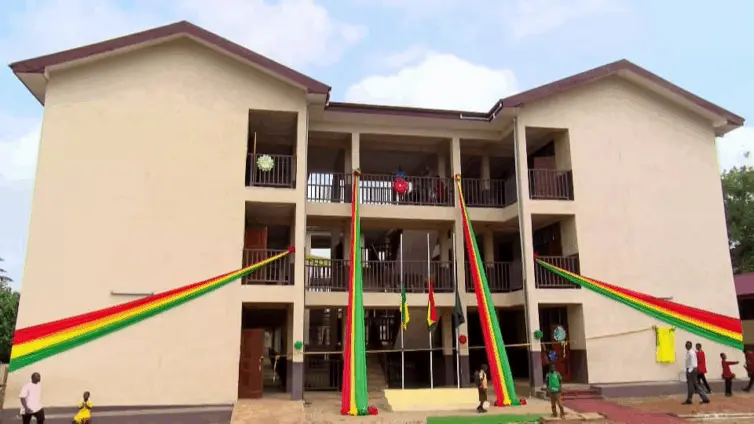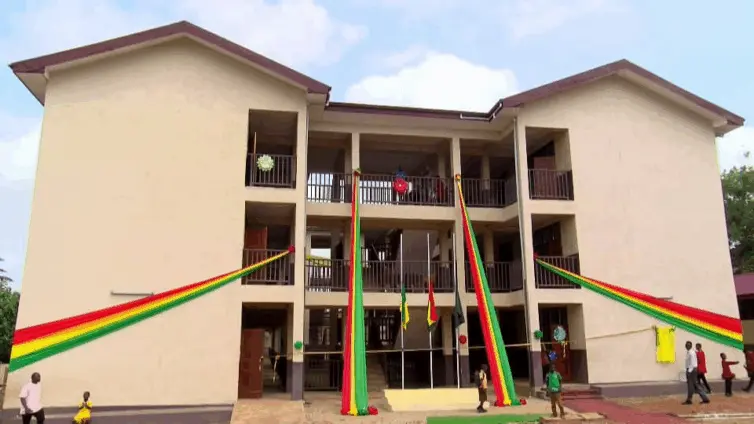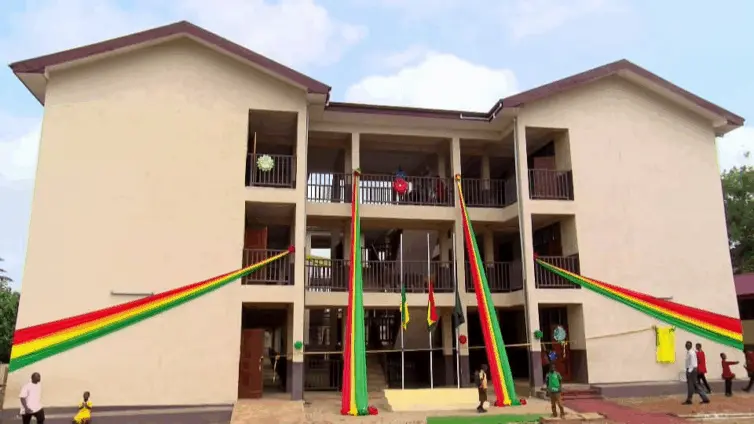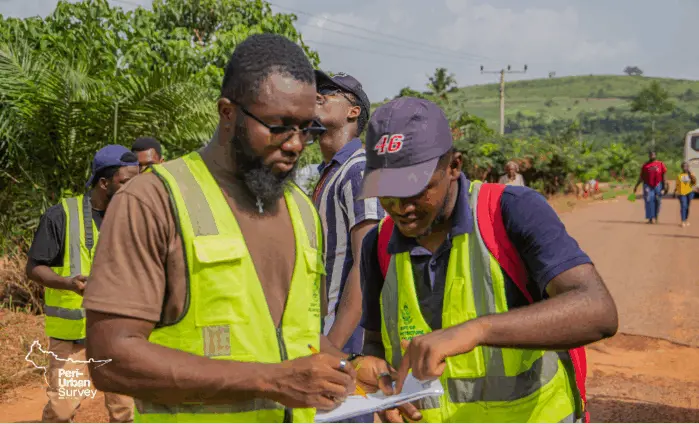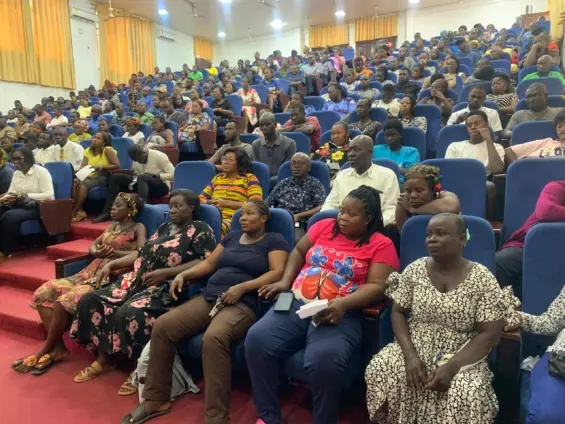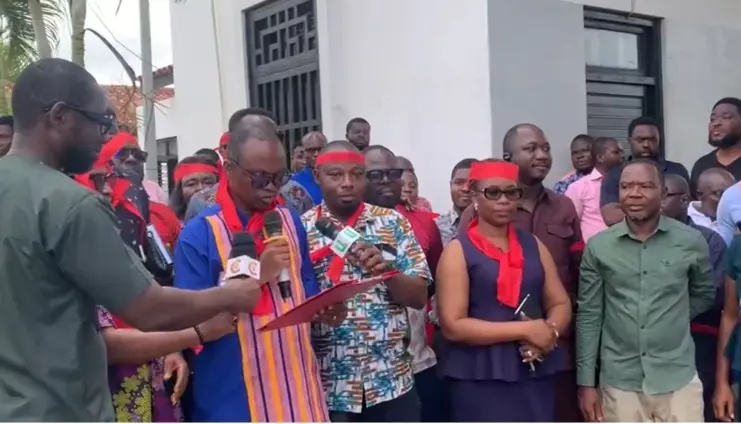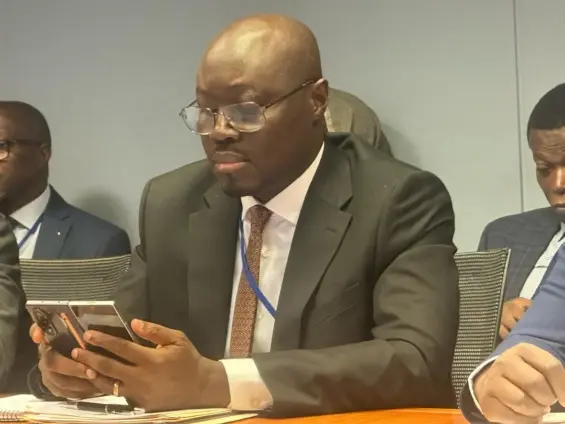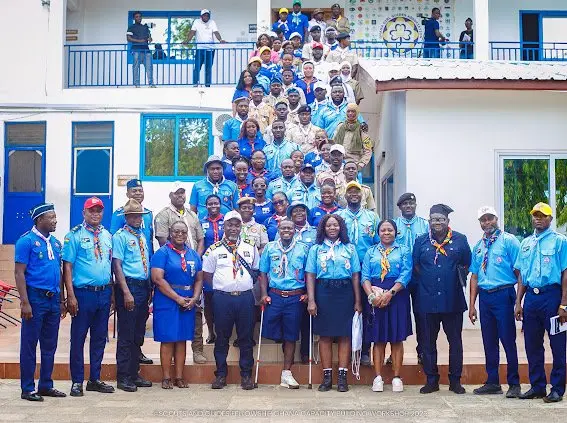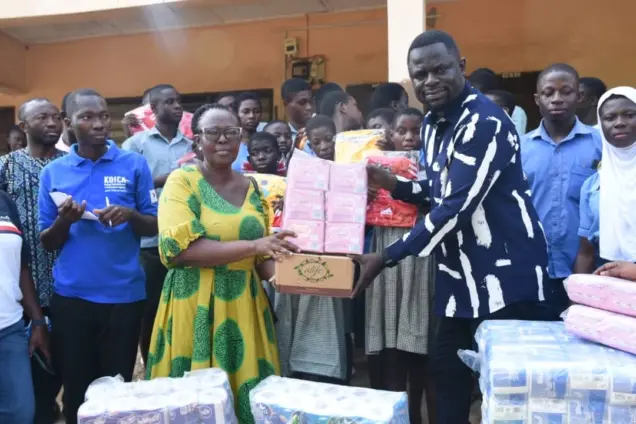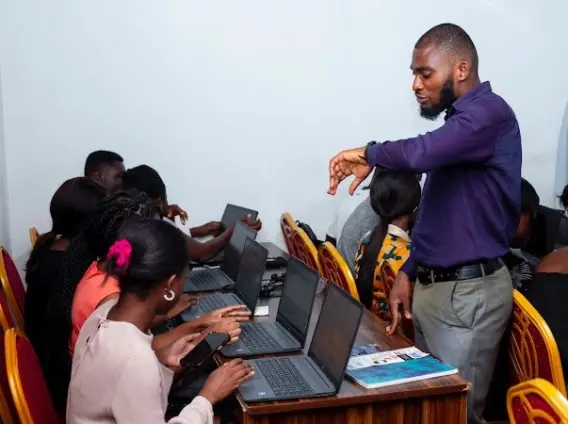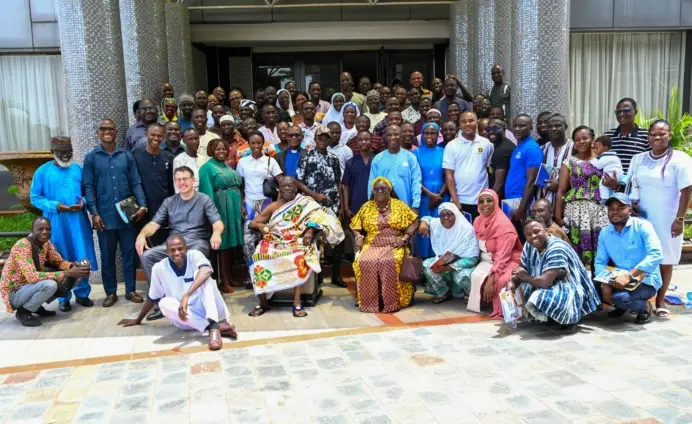In the heart of Accra, at the Kotobabi Cluster of Schools, a quiet revolution is taking place, one book at a time. KPMG, the global professional services firm, has partnered with the Rainbow Trust Foundation to ignite a passion for reading among young learners. This literacy initiative, recently launched, underscores KPMG’s deep-seated commitment to corporate social responsibility and the holistic development of Ghana’s youth. The program isn’t just about handing out books; it’s about cultivating a reading culture and showcasing how dedicated efforts can tangibly transform students’ lives, aligning with broader global literacy objectives. The firm hopes to make a difference by equipping them with the crucial skills necessary for the future, with a particular focus on reading.
For KPMG, the importance of reading extends far beyond the classroom. Reindolf Annor, a Partner at KPMG, articulated this vision, emphasizing reading as the cornerstone of academic achievement and a vital tool for lifelong learning. “At KPMG, we say that we want to inspire confidence and empower change,” Annor stated. “We want to empower young learners to read, and by doing so, we believe they will become better leaders tomorrow.” This quote encapsulates KPMG’s broader ambition: to empower the youth through literacy, fostering the next generation of confident and capable leaders. The firm believes that this reading program will help to achieve these aims.
Patience Mawushie Dzikunoo, a Senior Manager at KPMG, echoed this sentiment, highlighting the profound impact of reading on cognitive development. “We encourage the children to read because reading opens up their minds, improves their vocabulary, and makes them better overall,” Dzikunoo explained. The firm’s commitment extends beyond simply providing reading materials. This year, they are introducing a spelling bee competition, a strategic move designed to ensure that the students not only engage with the books but also comprehend and learn from what they read.
The impact of the reading program is already resonating with the students. Dorcas Gyasi, one of the beneficiaries, shared her heartfelt gratitude for KPMG’s initiative. “I am happy that KPMG came to our school to help some of us read, because not all of us know how to read,” she expressed. “They brought us some storybooks, and I learned many new words. I encourage other children to improve their reading and learn how to spell words.” Gyasi’s words paint a vivid picture of the immediate impact of the program, igniting motivation and fostering a love for learning.
Oseaeuonkosuo Hemaa Nana Akosua Agyapomaa, Founder and CEO of Rainbow Trust Foundation, emphasized the broader significance of the initiative, particularly in the context of World Book Day. “World Book Day is set aside to promote education and literacy,” she explained. “By celebrating programs like this, we are sensitizing children in the community about the importance of reading. A reading child is a winning child.” KPMG’s work seamlessly complements the foundation’s mission and contributes to the global effort to promote literacy and education.
The Kotobabi program is not a one-off event but rather the cornerstone of a larger, more ambitious initiative. KPMG is committed to supporting basic education through sustained reading programs in underserved communities across Ghana. This commitment reflects a long-term investment in the nation’s youth and educational development, demonstrating KPMG’s dedication to creating lasting positive change. The firm hopes to expand its initiatives in the coming years.
In conclusion, the KPMG reading program at Kotobabi School serves as a powerful testament to the transformative potential of corporate social responsibility. By providing essential resources, fostering encouragement, and facilitating engaging activities, KPMG and the Rainbow Trust Foundation are leaving an enduring mark on the students and the broader community. This initiative stands as a shining example of how businesses can actively contribute to education and inspire future generations through the simple yet profound act of reading. Supporting similar literacy programs or volunteering time to promote reading can help other communities see similar success.
Image Source: MYJOYONLINE

